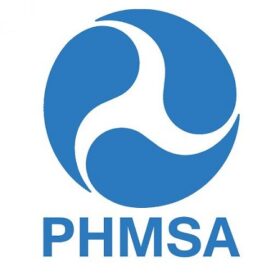
On December 22, 2017, the President signed the Tax Cut and Jobs Act (“TCJA”) into law, which reduced the federal corporate income tax rate from 35 percent to 21 percent, effective January 1, 2018. Additionally, as pertinent to these comments, the TCJA prohibited the use of bonus depreciation for assets acquired in the transportation of natural gas by pipeline. In response to the TCJA and a related court opinion relating to tax allowances for Master Limited Partnerships (“MLP”) and other pass-through partnerships, the Commission issued three orders addressing or seeking comments on the effects of the new law and court opinion on the rates of interstate pipelines and other jurisdictional entities.
As noted in INGAA’s comments on the NOPR, the Commission should resolve all ADIT issues and complete the rulemaking process in this docket before collecting information in the Form 501-G and requiring pipelines to elect one of the four choices as determined by the Commission in the final rule in Docket No. RM18-11. Handling these two issues separately will create uncertainty and will not provide the Commission the type of clarity it is seeking in the Form 501-G. If ADIT issues are not resolved prior to the Form 501-G deadlines, pipelines will lack certainty regarding the treatment of ADIT, and the Commission will not be able to fully analyze these forms. Further, as INGAA noted in its comments to the NOPR in Docket No. RM18-11, proceeding on two separate tracks may discourage pipelines from selecting the option to file a limited section 4 rate case, because they could still face additional risk regarding the ultimate rate treatment of ADIT in a separate proceeding. Pipelines and shippers, collectively, would be less likely to enter into an uncontested settlement until ADIT issues are resolved. The issues in the two proceedings are intertwined, and the Commission should not move forward with a final ruleon the NOPR until the ADIT issues are resolved.







